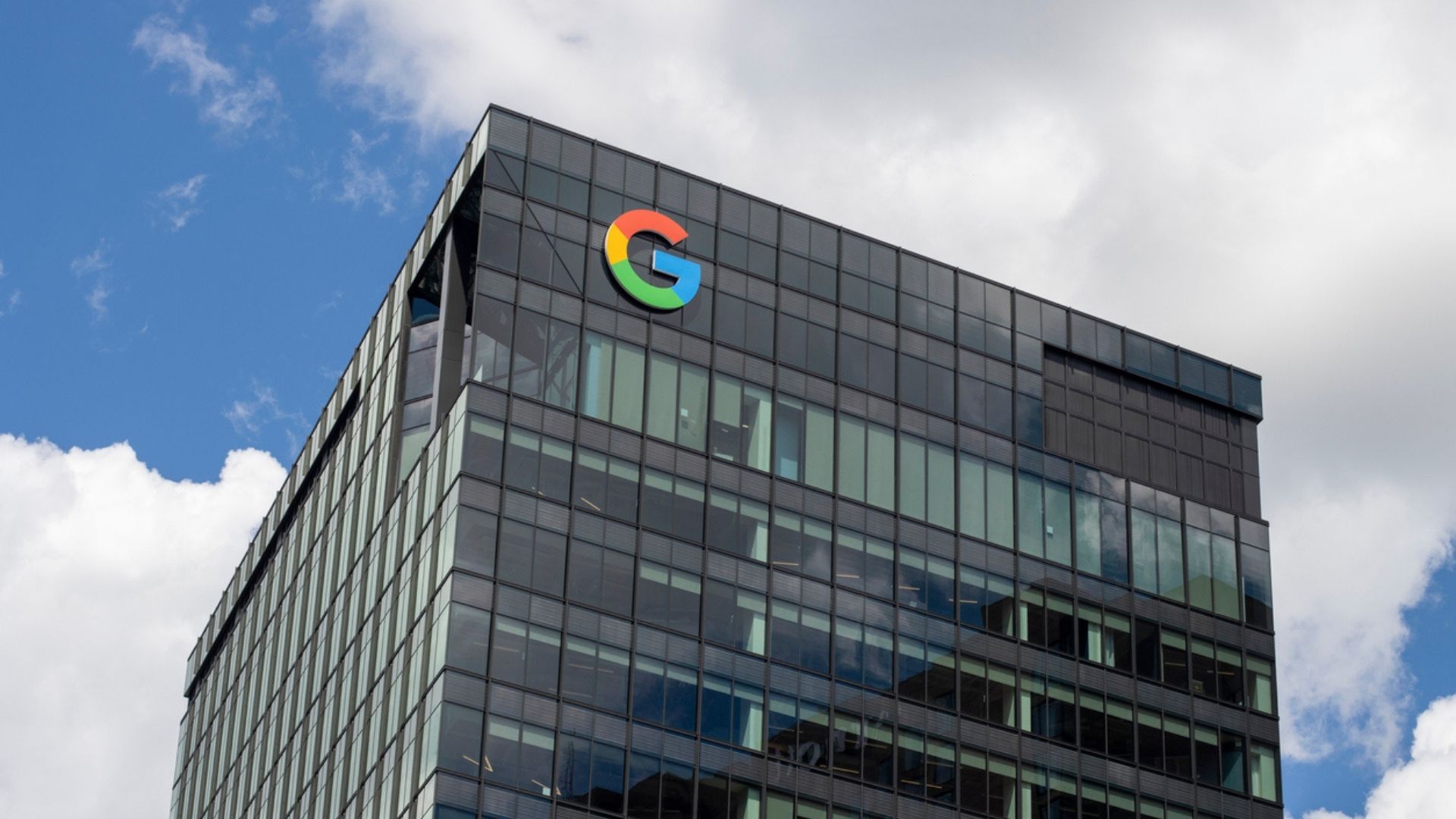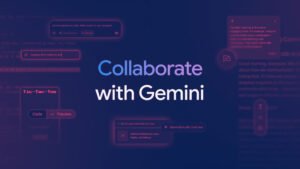OpenAI Considers Acquiring Chrome if Court Mandates Google’s Breakup

OpenAI’s Interest in Google’s Chrome Amid Antitrust Case
As the U.S. government ramps up its antitrust case against Google, an unexpected player has emerged: OpenAI, the organization behind ChatGPT. Their interest? Acquiring Google’s popular Chrome browser, which has become a focal point in the ongoing legal battle.
The Antitrust Case Against Google
The trial, officially named US v. Google, has recently shifted into the remedies phase, where the Department of Justice (DOJ) is advocating for significant structural changes to what it describes as Google’s monopoly in online search. One of the most radical proposals from the DOJ is to compel Google to sell its Chrome browser.
On the second day of the hearings, Nick Turley, OpenAI’s head of product for ChatGPT, testified that OpenAI would be interested in purchasing Chrome if it became available. "Yes, we would, as would many other parties," he stated, highlighting the considerable interest among potential buyers.
OpenAI’s Historical Ties to Google
Turley’s testimony revealed that OpenAI had previously sought a partnership with Google for integrating its search capabilities into ChatGPT. In a proposal made last year, OpenAI suggested that using Google’s search results would enhance its product. However, Google declined this partnership, leaving OpenAI to rely on Bing’s search index through its collaboration with Microsoft instead. Turley expressed concerns over the outcome, citing "significant quality issues" with the search results from what is largely assumed to be Bing.
The Role of Chrome in Google’s Market Dominance
The DOJ argues that Chrome is a crucial component of Google’s competitive behavior. The browser holds approximately 64% of the global market share, dwarfing competitors like Apple’s Safari, which holds about 21%. This market dominance grants Google unparalleled access to user behavior data. Regulators believe that divesting Chrome from Google’s larger ecosystem could pave the way for more equitable competition in both search and AI-powered technologies.
Although Judge Amit Mehta has raised doubts about the feasibility of selling Chrome, Turley’s testimony might provide a glimmer of hope for this approach. If OpenAI were to acquire Chrome, it could dramatically alter how the browser functions.
OpenAI’s Vision for Chrome
Reports suggest that OpenAI has considered creating its own Chromium-based browser. The company has recruited former Google engineers, which signals its intent to bring significant expertise into any potential acquisition of Chrome. If OpenAI gains ownership, it is expected to transform Chrome into an "AI-first" platform, fully integrating ChatGPT and revolutionizing user interactions with the web.
This integration could lead to new channels of user data collection, vital for enhancing AI models capable of executing intricate tasks online on behalf of users.
Legal Challenges Facing Big Tech
The case against Google is part of a broader trend of increased regulatory scrutiny targeting major technology companies. Google had already been labeled a monopoly in both search and online advertising, and it plans to challenge this ruling. Meanwhile, OpenAI is also exploring different initiatives, such as an early-stage social platform that could be a competitor to X (formerly known as Twitter).
On the other hand, Google’s regulatory head, Lee-Anne Mulholland, has dismissed the DOJ’s proposed penalties, claiming they would negatively impact consumers, the economy, and the nation’s technological leadership. The trial is expected to proceed for several more weeks, making its outcome crucial for both companies and the tech landscape as a whole.






